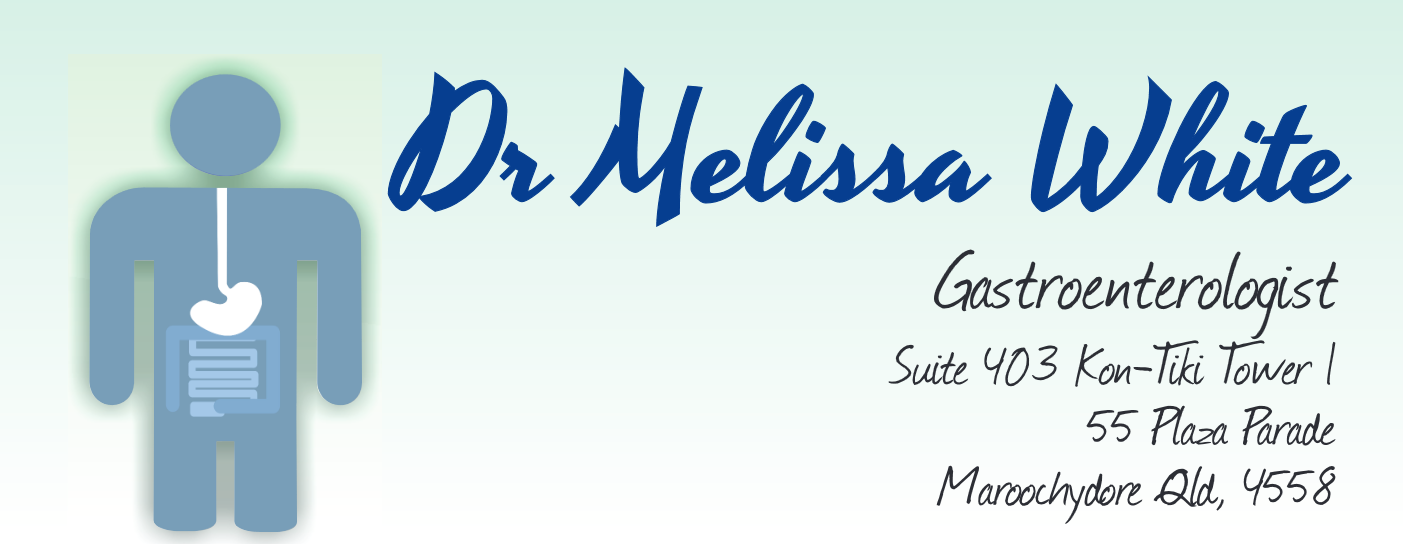Bloating
Bloating is one of the most common and frustrating conditions that patients present the Gastroenterologist with. Approximately 30% of Dr White’s patients have bloating as their major complaint. The vast majority of these patients have a type of functional bowel disorder called Irritable Bowel Syndrome (IBS) and further information may be given to you if your doctor feels that this is the primary problem. However, bloating can be associated with many other conditions and it is for this reason that further tests may be required to exclude those conditions as the cause for your bloating.
Bloating can occur when there is a blockage to the lower bowel and thus a colonoscopy may be required to exclude that. Similarly, blockage of the stomach or weakness of the muscular contraction of the stomach can cause bloating after meals. Tests may be required to exclude those conditions also.
Certainly, many causes of bloating are dietary related, specifically related with the ingestion of fizzy drinks and numerous types of fruits and vegetables. Dr White may give you a list of things to try and avoid in order to relieve the bloating that you have. Lactose intolerance can also be associated with bloating and tests may be required to exclude that condition.
Many people with lower abdominal bloating make their symptoms worse by not passing intestinal wind. We all make intestinal gas and we all pass it. However, some people, especially women, seem reluctant to pass the quantity of wind that they actually produce because of social circumstances or embarrassment. Men have less of this problem. Certain opportunities should be taken advantage of, where possible, to release the trapped intestinal wind and this may relieve the degree of lower abdominal bloating you have.
Excess wind is made because of sluggishness in the sections of the intestine which cause carbohydrates to be present for longer than they otherwise would be, followed by fermentation of that carbohydrate by the bacteria that are normally present in the bowel.
Some of the food exclusions tried in patients with bloating includes dairy products, diet soft drinks, chewing gum and lollies because of the air swallowed with their consumption. Some vegetables associated with excess intestinal gas production include onions, capsicum, broccoli, cauliflower, canned beans, Brussels sprouts, cabbage, chick peas, asparagus, garlic and peas. All text herein is the intellectual property of Dr Melissa White. Article update June 2014.
Many patients feel that wheat causes bloating and this is often because they have Irritable Bowel Syndrome, not because they have a wheat or gluten allergy. True gluten allergy is being increasingly recognised and is excluded by biopsies from the small bowel during an endoscopic examination.
Patients with bloating from IBS often do not have excess gas, but their bowel perceives there to be. This is called hypersensitivity. If Dr White feels that you have IBS, further information will be given to you. Approximately 1 in 5 women have symptoms, of varying severity, that are of IBS in nature. It is less common in men. This is an irritating condition and one that requires lifelong management and a firm diagnosis.
